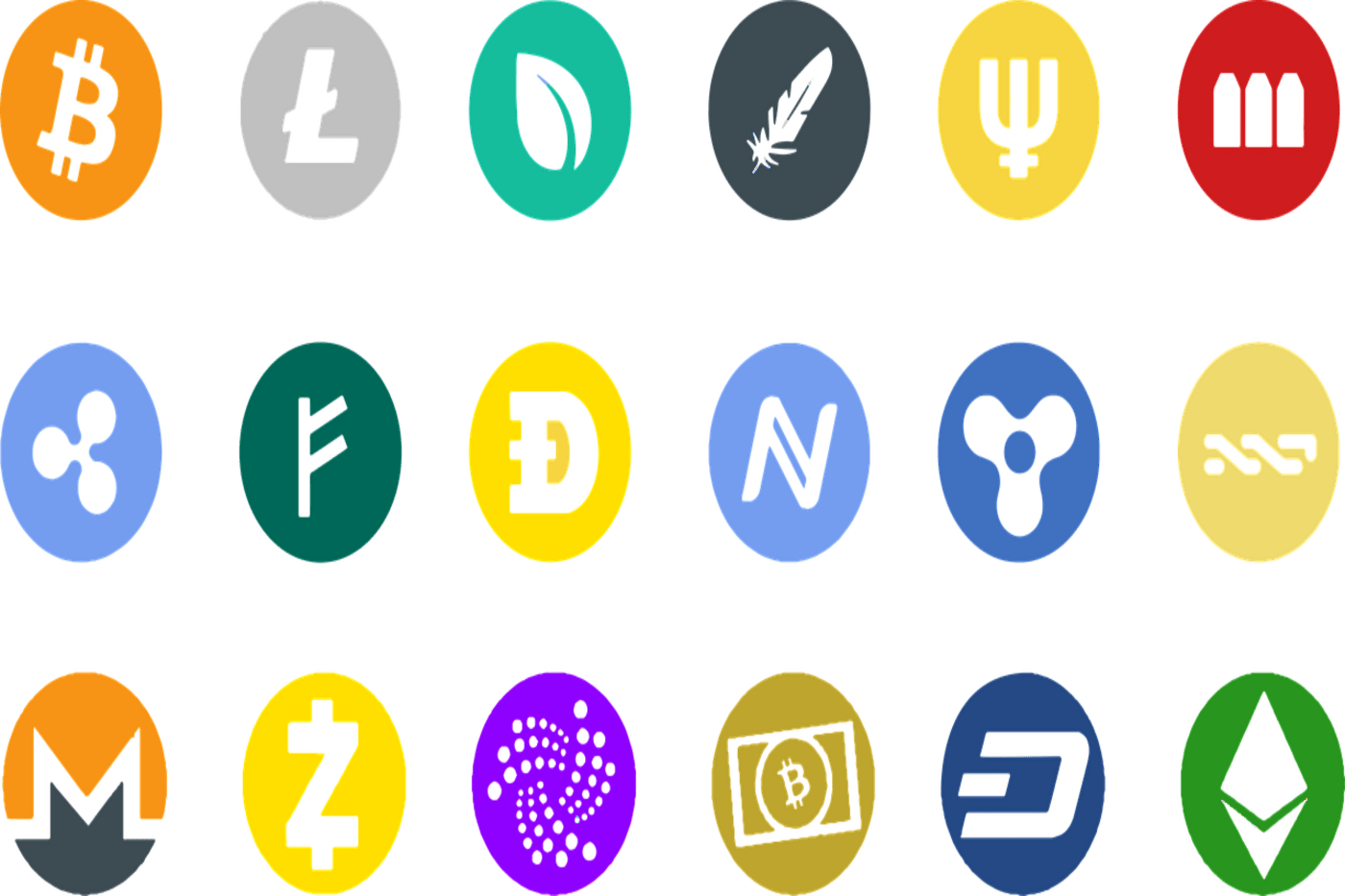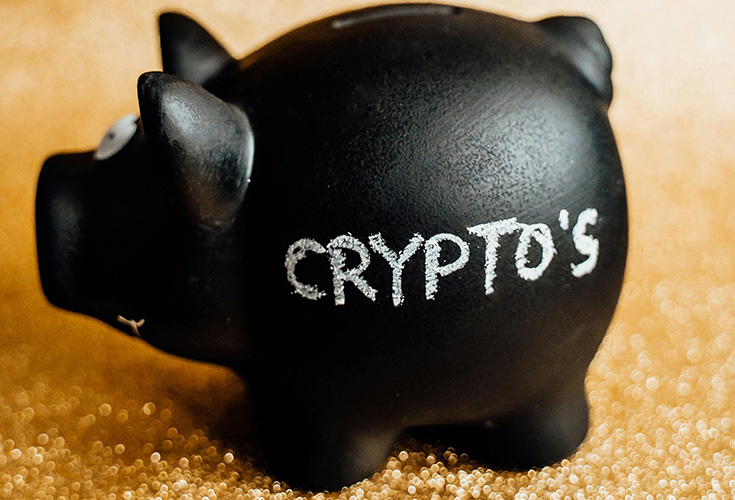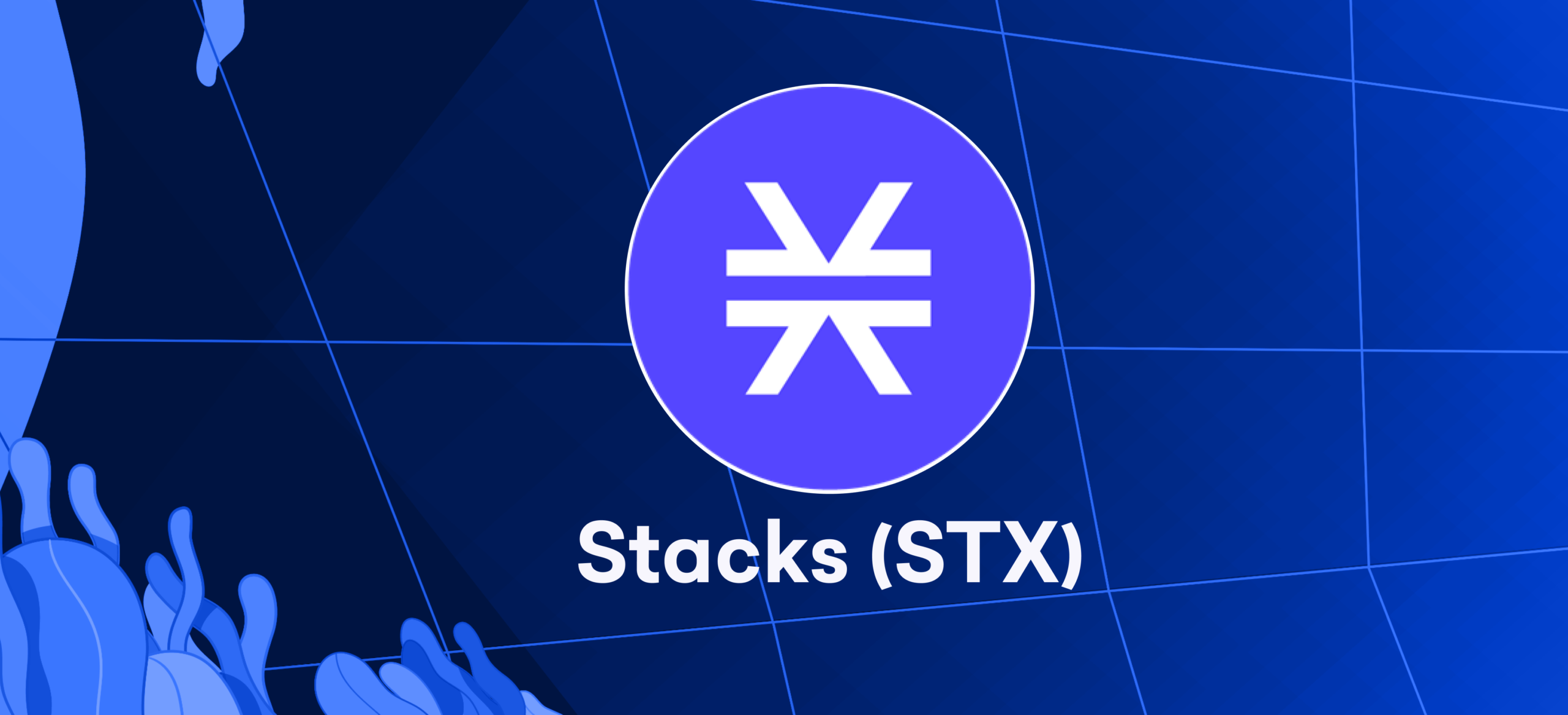
Getting into the cryptocurrency industry can be a complicated and challenging task. The crypto space is full of buzzwords, puzzling concepts, and confusing terms. If you’ve ever experienced the digital assets market, you’ve probably heard the terms token and coin. You must have thought that there are thousands of other coins and blockchain projects besides Bitcoin. In this guide, we will discuss a topic that often confuses newcomers to crypto – tokens vs. coins.
So let’s begin!
Crypto Coins
Any cryptocurrency that has its own blockchain is known as a coin. A coin just runs on its blockchain network instead of another asset’s blockchain. For example, Bitcoin(BTC), Ether (ETH), and Litecoin (LTC) operate and function on the Bitcoin blockchain, Ethereum blockchain, and Litecoin blockchain, respectively. The key objective of these blockchains is to enable the distribution and supply of their native coins.
There are examples of some other coins besides the ones mentioned above:
- Cardano (ADA)
- Ripple (XRP)
- TRON (TRX)
- Solana (SOL)
- Neo (NEO)
- Dogecoin (DOG)
Blockchain
Blockchain is a database or ledger that stores transaction records in a secure and distributed manner. Pieces of data are stored in data structures called blocks, which are linked to all other blocks in the chain. For example, the Bitcoin blockchain contains a record of every time someone has sent or received bitcoins.
Mining Of Coins
On most blockchains, new coins are issued through a process called mining. Network participants (miners) who verify transactions get new coins. This process typically uses the Proof of Stake (PoS) or Proof of Work (PoW) method.
PoW is the addition of new blocks of transactions to a cryptocurrency’s blockchain. Miners compete with each other to validate new transactions on the blockchain and earn rewards, as there is no intermediary to validate transactions in cryptocurrencies.
In this case, miners need to answer complex mathematical problems. It requires specialized hardware and enormous computing power to solve puzzles. Whoever solves them first wins the right to add blocks to the blockchain and earns coins. In PoS mechanisms, there is no competition like PoW. Validator first has to stake its coins to validate transactions.
You can also purchase these coins from a broker and then store and spend them through a digital wallet.
Use Of Coins
After the launch of the first cryptocurrency, Bitcoin, in 2008, it was conceived as an alternative to traditional fiat currencies. This means that crypto-coins can be used for many things that are normally used with the euro or US dollar.
Crypto coins can serve as a store of value, medium of exchange, payment for services and goods, and transfer money to others. Many companies, such as Starbucks, Microsoft, Virgin PayPal, Airways, etc., have already adopted most crypto coins as a medium of exchange.
Crypto Tokens
Tokens are often referred to as digital coins. However, this is not true.
Crypto tokens are designed using existing blockchain technology, using smart contracts. It means crypto tokens are not native to the blockchain.
Many blockchains, such as Lisk, Waves, NEO, and Stratis, support token creation. The Ethereum blockchain is the most common token platform. Tokens designed on the Ethereum blockchain are known as ERC-20 tokens.
The following are the best tokens you can find in the crypto industry:
- Tether (TRX)
- Binance USD (BUSD)
- FTX Token (FTT)
- Chainlink (LINK)
- Dai (DAI)
- Wrapped Bitcoin (WBTC)
- LEO Token (LEO)
A token can serve a variety of purposes. They are used to obtain particular services or raise funds. Many tokens may even represent crypto coins, such as stablecoins, a well-known form of tokens that follow the US dollar price. The main advantage of the token is that there is no need to create an entirely new blockchain.
Creating A Token
Unlike coins, tokens are not created during the transaction verification process. Project developers develop and distribute them on existing blockchains. You can easily create tokens with special ready-made solutions without coding skills. It can be straightforward as building your website with a website builder.
Meanwhile, more technical skills are necessary to create tokens with advanced features. First, define the attributes of your token, such as token name, symbol, total supply, and some support functions to check balances on addresses and enable and confirm transactions. A smart contract governs any crypto token, so you need to code a smart contract.
A smart contract is a transaction protocol or computer program that runs automatically as the parties meet the terms of the agreement
The Versatility Of Tokens
Although their function is not limited to payment, coins have no classification that differentiates them from one another. This does not apply to tokens, as four different types of tokens are known:
Security Tokens
Holders of security tokens do not have any ownership rights in the entity that issued the token; instead, they may have other rights (i.e., voting). These tokens are made available to the public as a so-called Security Token Offering (STO). Like traditional securities, these tokens are regulated by agencies such as the US Securities and Exchange Commission (SEC).
Equity Tokens
Equity tokens are a subdivision of security tokens. They act like traditional stocks (such as real estate, bonds, and cash ) and provide ownership rights to the token holder. Owners also enjoy a share of the company’s profits and the right to vote on key decisions. Equity tokens are sold through an Equity Token Offering (ETO) process.
Utility Token
Utility tokens or application tokens allow users to access products or services. They are commonly issued during an Initial Coin Offering (ICO). Many utility tokens also offer bonuses, discounts, or additional benefits to its holder. Some popular are Arweave (AR), Basic Attention Token (BAT), and Binance Coin (BNB).
Payment Tokens
Payment tokens act as an alternative means of payment for goods and services. These may fall into more than one of the categories listed above. A security token can be functionally similar to a crypto coin.
Coin Vs. Token
Their main differences are as follows:
|
Coin |
Token |
| Native asset in a blockchain network | Created on pre-existing blockchain |
| Coin work similarly to traditional currency | A token is issued on a specific project |
| Used as an alternative means of payment | Used for payments and signing digital contracts |
| Usually distributed through mining | Mostly distributed through IOCs (Initial Coin Offerings) |
| Coin creation requires great skills and resources | Relatively easy to create |
Conclusion
The crypto coin vs. token debate is interesting, but it depends on you which way you want to go in the crypto space. But this guide clarifies that crypto coins are a better option than tokens. They have a blockchain, a better store of value, and they can be used as a medium to exchange services and products.
You can buy the cryptocurrency of your choice on a cryptocurrency exchange. These exchanges have terms and conditions that you should be aware of before using the platform. Examples of these exchanges include Binance, Coinbase, Gemini, Kraken, Kucoin, and others.








